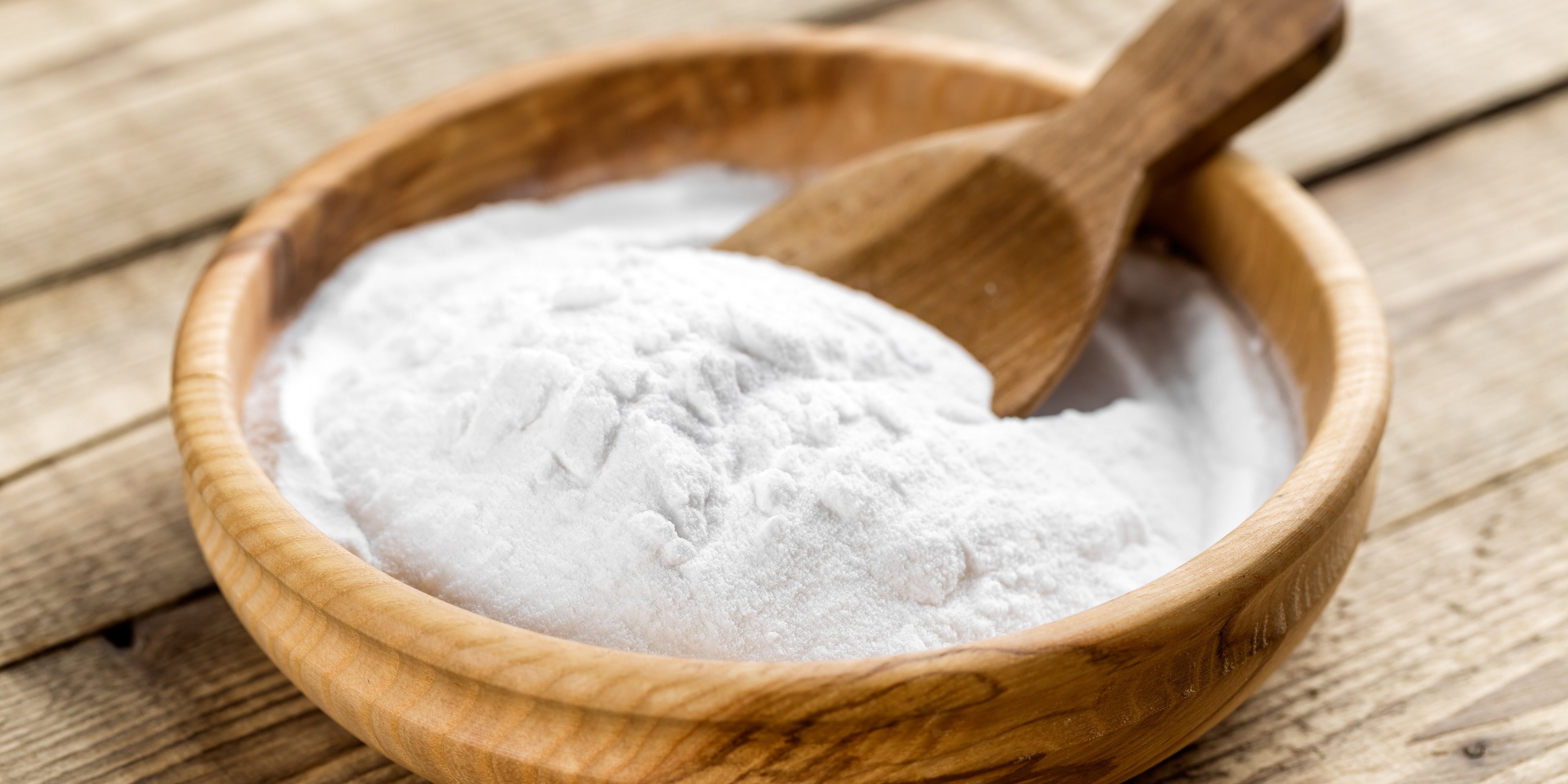The Best Alternatives for Baking Soda
Ingredient Swaps
Bicarbonate of soda, more commonly known as baking soda, is used in many baking recipes, like cookies, cakes, and breads.
If you’re in the middle of a bake and don’t have any baking soda, there are lots of handy alternatives you can use that may be lying in the back of your cupboard.
What is baking soda used for?
Baking soda is used in baking as a raising agent. When combined with an acid, like lemon, sugar or buttermilk, this creates carbon dioxide, causing the mixture of dough or batter to rise when baked. This gives a nice, airy texture to your recipes.
Baking soda substitutes
Baking powder
Replacement ratio: Replace 100g of baking soda with 300g of baking powder
Baking soda and baking powder often get confused with one another. Baking soda contains just sodium bicarbonate, whereas baking powder contains sodium bicarbonate with an added acid, usually cream of tartar.
Because the two are both raising agents, baking powder makes an excellent substitute for baking soda - however, baking soda is more powerful than baking powder. This means more baking powder is needed in recipes to get the right rising effect, roughly 3 times as much.
Using baking powder instead of baking soda may result in a slightly saltier and more acidic flavour in your final bake. If salt is also needed in your recipe, you could reduce this if you’re using baking powder.
Self-raising flour
Replacement ratio: Replace 100g of baking soda with 100g of self-raising flour and remove another active ingredient.
Self-raising flour contains normal flour, baking powder and salt. As the baking powder already contains an acid, this helps your recipes to rise without needing another active ingredient.
Self-raising flour works well as a baking soda alternative for recipes that follow a certain ratio of ingredients. 120g of self-raising flour contains 1½ teaspoons of baking powder and ¼ teaspoon of salt.
If you use self-raising flour to replace baking soda, as it contains baking powder you’ll need to substitute another active, acidic ingredient in the recipe. For example, if your recipe needs another acidic ingredient like buttermilk, you should use regular milk instead.
Egg whites
Replacement ratio: Replace 100g of baking soda with 100g of egg whites
Whipped egg whites make a good replacement for baking soda. They add structure and texture to your bake, and also act as a raising agent. All you need to do is whip the egg whites until they are thick and foamy, then fold into your recipe.
Whipped aquafaba and lemon
Replacement ratio: Replace 100g of baking soda with 100ml of aquafaba and lemon juice
Aquafaba is the water left over from a drained can of chickpeas. Like egg whites, using whipped aquafaba in your baking recipes instead of baking soda will add structure to the recipe, as well as help it to rise.
Like with the egg whites, aquafaba works best in baking when whipped until it turns white and thick. You can also mix in a tablespoon of lemon juice to help the recipe to rise.
Soda water
Replacement ratio: Replace 100g of baking soda with 100ml of soda water
As soda water already contains sodium bicarbonate, this makes it a handy baking soda substitute. It’s best for bakes that aren’t meant to be dense, so won’t work well in cookies and cakes, but should be OK for waffles and pancakes.
Going without baking soda
If you don’t have any of the above and you don’t have time to go shopping, you can simply leave baking soda out of your recipe altogether. This will work for denser recipes like cookies and pancakes, however, your final bake won’t be as fluffy and light as if you used baking soda.
For recipes that require a raising agent, like muffins, cake and bread, you’ll need one of the alternatives we suggested above to make sure the recipe turns out as planned.